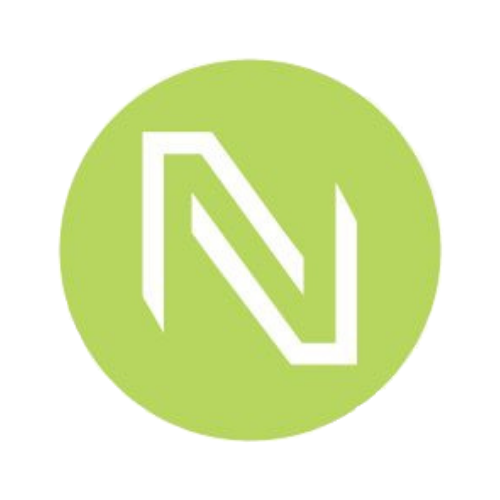The One Conversation That Matters Most
What if you had this conversation with your manager tomorrow?
“Hi, Manager. I used to be excited about working here but lately I haven’t been that into it. If I could use my natural talents and Strengths more often, my work would improve, I’d be a better team member and I might not be looking for another job right now. What do you think? Can we give it a try and start a conversation about my natural talents and Strengths? And also how I can use them to continue to learn and grow? I’d really like to know what your natural talents and Strengths are too.”
This conversation is an opportunity for the employee/manager relationship and for the organization as a whole. People who know and use their Strengths are six times more likely to be engaged in their job, according to Gallup. Imagine the possibilities to learn, grow, really listen to one another, and do great work together. With this scenario, companies have a better chance at keeping the great talent that they took the time and energy (and $$$!) to recruit.
Why is it so hard for the employee or manager to talk openly and frankly about wanting to grow professionally and to learn something new? This one conversation invigorates, opens up brand new opportunities, and has the potential to be life-changing. We feel better and we act better when we’re growing, challenged, learning, and are connected with those around us.
I’m a Certified Gallup Strengths Coach and I’ve hired over 1,000 people in my career in HR and as a Manager/Coach. Although these talented people are very very different in their skills, experience, and natural strengths, the one thing they have in common is that they’re interested in growing and learning and developing themselves.
Lifelong learning and growing is more important than anything else!
If employees don’t see a path for personal or professional development, they will leave your organization. They will leave—and quickly. You have up to about 18 months to get this right. Here’s a pretty astounding statistic from Gallup: Teams that know and have experience with their own Strengths and their team members’ Strengths have a 26 to 72 percent lower turnover rate!
Professional development doesn’t have to be an expensive conference.
These actions don’t cost anything, are very doable, and show that you care about employee development.
Start with a conversation about a specific area of development and growth. Then share or find out what your organization needs now and in the future, in terms of talent. Most often, you can find a match and this sets everyone up to be prepared for future company talent needs.
Find someone inside your organization to share their knowledge regularly.
Find someone outside of your organization with an area of expertise and an interest to share their knowledge. People love to be asked to help out!
Find a meetup group that is focused on an area of interest.
Employees want a connection with their Manager. They really do. Get to know your employees as a whole person. You don’t need to go out with them on weekends, but get to know what is important to them. You will learn a lot about how to manage/coach them and they will appreciate your approach. Employees want feedback in real time and they want to know if they’re hitting the mark or not. Coach and guide them with courage so they’re on track and in an environment where they can flourish.
The success of your organization depends on how well you understand your employees.
Do you know what their natural Strengths are?
Do you know what they love about the work they do?
Have you had a conversation recently about what they do really really well?
These questions will lead you to specific areas of learning and professional development that are the key to engaged employees, strong companies poised for growth and change, and managers who become great coaches with winning teams.
Cindy Butts will be leading two Strengths-based workshops for Nexus members on November 15 and December 13 in Rhode Island. To learn more about a membership to Nexus, and how to participate in these workshops, click here.
